It may seem impossible to put together a defense if the police found you possessing illegal drugs or drug paraphernalia—excuses like “it’s not mine!” or “I didn’t know what it was” only go so far in a legal system inundated with drug cases. If you can prove that the evidence in your case was improperly obtained, you may not need to worry about an explanation.
We are dedicated to protecting the constitutional rights of our clients at the Law Office of Frances Prizzia, and ensuring justice is done is our highest goal. Despite what they might like you to think, police and other law enforcement officials must adhere to the guidelines laid out in the constitution when searching for evidence, building a case, and making an arrest.
California law especially complicated due to our international border with Mexico. Especially when it comes to search and seizure laws, immigration and border control officials have more leeway, and your rights are more fluid. Here’s the latest in what is—and isn’t—a fair arrest.
Many drugs are found during vehicular searches, either at the border and in the middle of the state. But, because the car is personal property, the law assumes a certain amount of privacy applies to you and your possessions within and therefore confers certain protections. Just as police cannot enter or search your home without a warrant or consent, they must have the same for a car search.
Police may claim their search of your car was fully legal, even if they didn’t have a warrant or your consent, by invoking the probable cause exception. This law exists to help police respond to possible criminal activity before a driver leaves their jurisdiction—which could easily happen during the wait time for a warrant. But, it’s not a gaping loophole. In fact, police officers are only allowed to claim probable cause when one or more of the following conditions are met:
Police most commonly claim suspicious activity as an excuse, but the California Supreme Court has stated that a police officer (or any individual) may interpret actions as “suspicious” when they are performed with a completely different intent. This ruling recognizes that one’s presuppositions may color their interpretation of, and reaction to, events.
Probable cause is meant to apply in situations where a warrant would be issued if the police officer had time to formally request it and wait for its issuance. If the reasons for a probable cause search are circumstantial, undefined, and/or sparse, you may have an argument that their search was unlawful, and any evidence found must be discarded.
Even under a probable cause claim, law enforcement officials are still limited in how they can search your car. They are allowed access to the entire vehicle, so long as the search is reasonable given their suspicion. This means if the item you’re suspected of having could not fit in or be concealed by a part of your vehicle, probable cause does not allow search of that part. Any search that can be proven unreasonable (such as looking for a large quantity of drugs within a small compartment in your dashboard) is illegal, and anything found during such a search is not admissible as evidence.
A phone, with copies of electronic communications and personal data, can be a goldmine of evidence. Unfortunately, many areas of law surrounding these items are unclear or under construction. Current precedent holds that personal electronic devices cannot be searched without owner consent or a warrant. In the case of public shared devices (school or library computers), devices owned by an employer, or any communications or information posted to the internet, no warrant is needed. Any electronic data or communications that you can reasonably assume to be private is, at least for now, protected from unauthorized search.
Special exceptions to search and seizure laws apply to anyone crossing a border into the United States because the law grants that a reasonable person should expect their belongings, even those they normally consider private, to be searched. An immigration officer or border patrol agent therefore does not need probable cause to search anyone or any vehicle, provided the search is minimally invasive and does not extend beyond the private limits a reasonable person would set. Unfortunately, there are no set guidelines to identify what those limits might be. If you believe an officer has crossed them, you may be able to argue that you were subject to an “unreasonable” search that disqualifies any evidence found.
The border exceptions only apply to searches of your vehicle and person right now, thanks to a recent decision by the Ninth Circuit Appeals Court. The decision overturned an earlier ruling that allowed border officials to freely search all contents of electronic devices or digital media brought across the border. Under the new law, searches of this type may only be conducted to find “digital contraband” and may not be used in a broad search for proof of wrongdoing.
If you’re stopped by law enforcement officials, know your rights—and don’t be afraid to claim them. Do not consent to a search of your car, as doing so negates the need for a warrant. The same goes for phones and computers—you are not required to hand over passwords or logins. Further, law enforcement officials cannot claim that advocating for your rights constitutes suspicious behavior.
If the police find incriminating evidence in your car during a search you think is unlawful, you should contact a lawyer as soon as possible to begin preparing your defense. Reach out to the Law Office of Frances Prizzia if you think you’ve been denied your rights. We do our best to see justice served for all our clients.
Contact us online or call (714) 362-0157 for a free consultation.

Client Centered Approach

Reputation by Excellence

Experience

Innovative & Determined

You're Not Just Another Client

AVAILABLE FOR YOU NOW
"*" indicates required fields